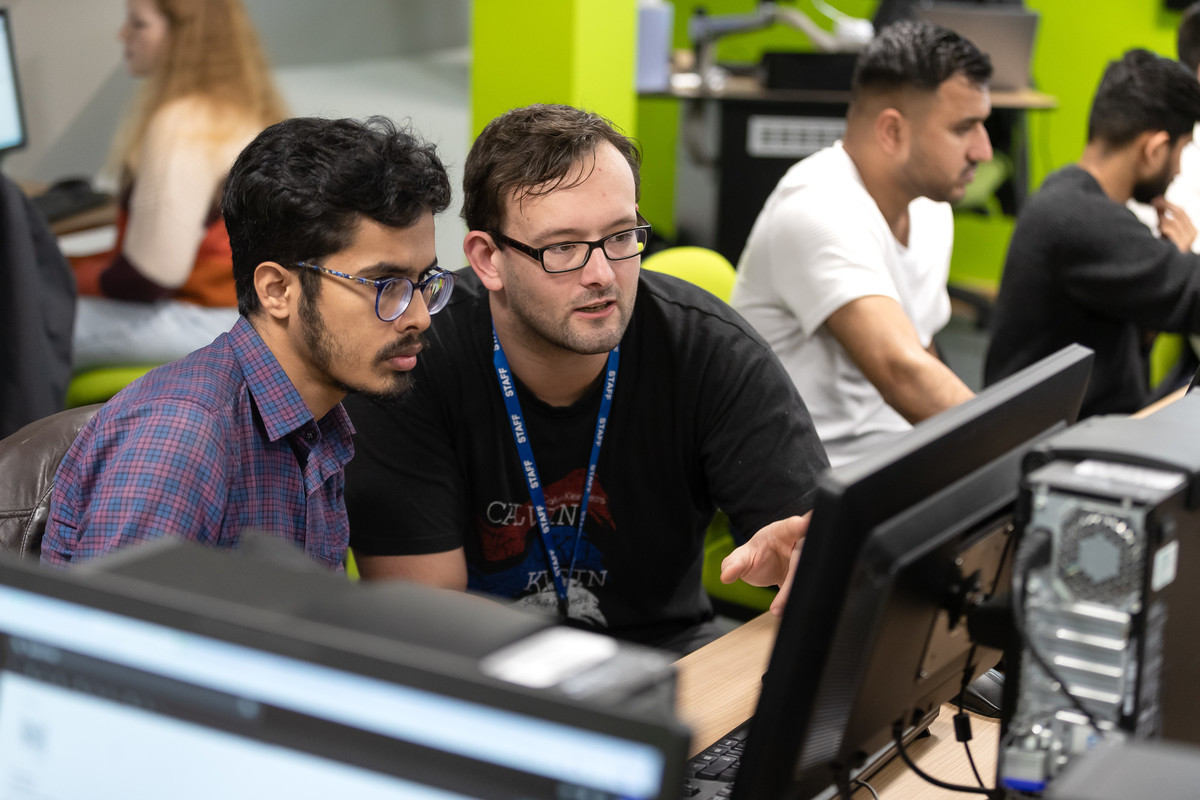2:2honours degree
Students are normally required to have a 2:2 honours degree or above in a computer science related discipline. It is also required that any student wishing to enrol on this course must have gained at least 20 credits of programming modules at Level 5 or above.
Students applying for this course will be asked to complete an online aptitude test in order to verify their technical knowledge and understanding is at a suitable level. Applicants may also be invited to take part in a short interview, prior to any offer of a place being made.
2:2honours degree
Students are normally required to have a 2:2 honours degree or above in a computer science related discipline. It is also required that any student wishing to enrol on this course must have gained at least 20 credits of programming modules at Level 5 or above.
Students applying for this course will be asked to complete an online aptitude test in order to verify their technical knowledge and understanding is at a suitable level. Applicants may also be invited to take part in a short interview, prior to any offer of a place being made.
English Language Requirements
For more information on our English Language requirements, please visit International Entry Requirements.












